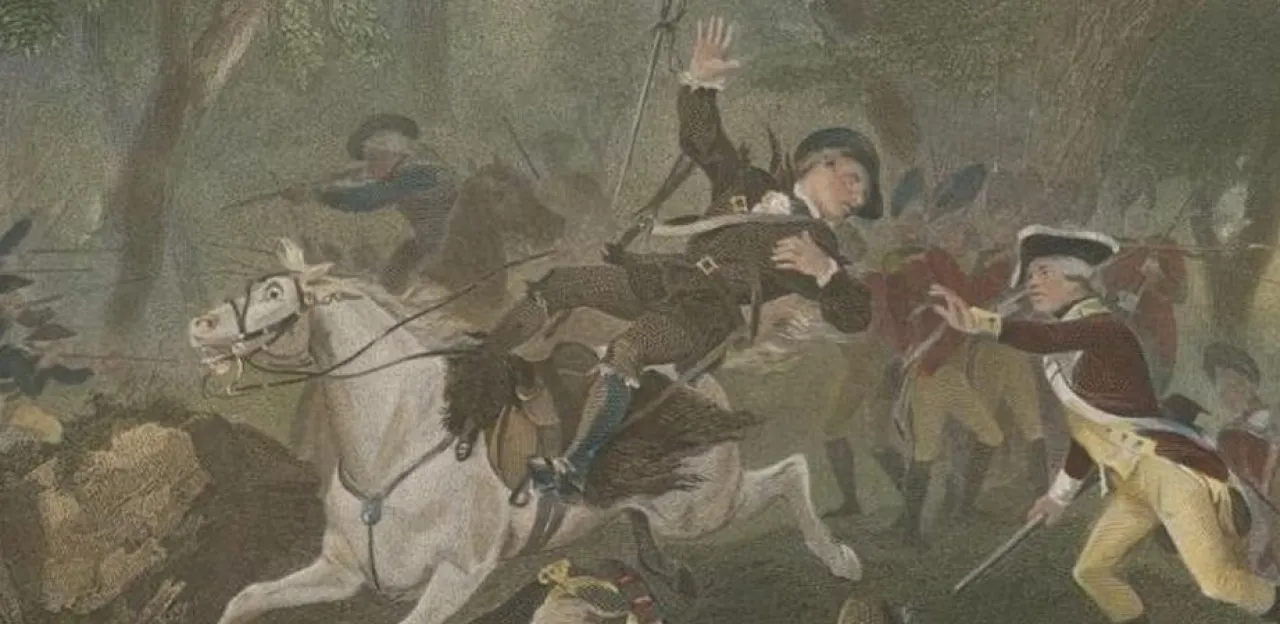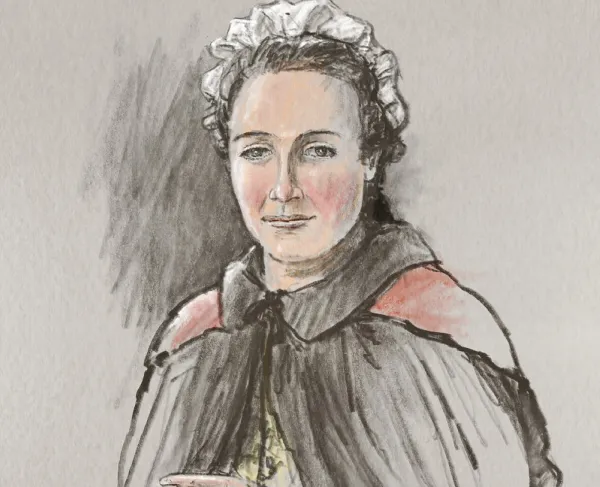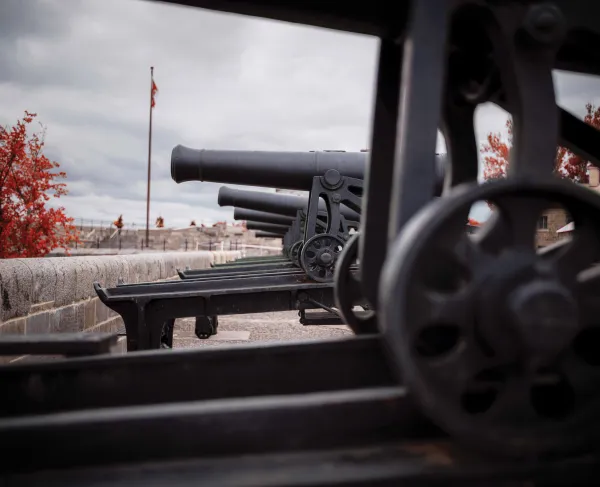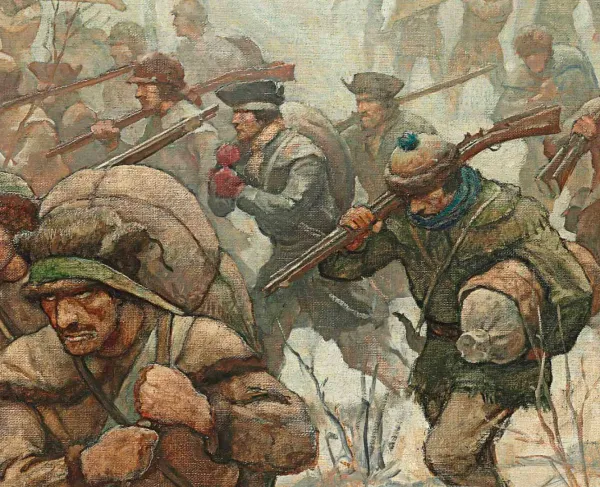1782: A Bloody Partisan War

One of the biggest misconceptions readers usually have about the American Revolution is that things ended after the British surrender at Yorktown, Virginia in October 1781. Our minds imagine someone hitting the ‘off switch’ when the British colors were presented to American general Benjamin Lincoln. This, of course, is not the case. As the British under Cornwallis were marched back to New York as prisoners, Washington remained ever aware that the war was still ongoing. Though Yorktown was perhaps the single greatest British defeat next to Saratoga, that did not mean the British government was willing to finally accept American independence.
First, we must recall that news was very slow back then. At best, sea travel across the Atlantic could be under a month. Most voyages lasted two. Dispatches with reports of the British surrender at Yorktown would not reach London until the end of November. When they did arrive, it is said that Lord North collapsed, gasping, “My god, it’s all over.” Heading into Christmas 1781, the British government now had to decide how best to ‘allow’ the American colonies to enter this new state of independence. Pro-war membership in Parliament dwindled to its lowest numbers since before the war commenced in 1775. Even some of the biggest proponents for destroying the Continental army and hanging members of Congress as traitors now backed off and began discussing peace.
In America, 1782 was mixed with optimism and anchored in bloody conflict. While news of Yorktown was surely welcomed throughout the continent by Patriots and their supporters, other Americans who had been British sympathizers and Loyalists received the news with bitter resentment. For them, the thought of the British abandoning their loyal subjects sent them into acts of vengeance and terrorism. South Carolina, in particular, saw a rise in hostile incidents where warring neighbors bearing opposing allegiances lay siege on each other’s property. Houses and barns were burned, and families were harassed. Local newspapers reported on the plundering by partisan raiders that took the lives of dozens.





